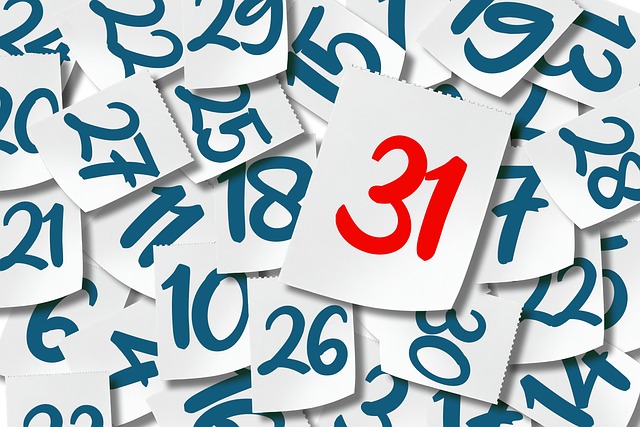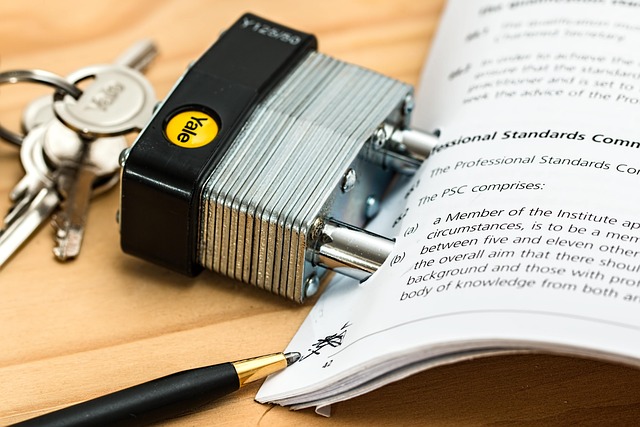In today's global academic landscape, the demand for access to historical documents in various languages is booming, creating a vibrant "global scholarship market." UK Historical Documents Translation Services play a pivotal role by overcoming linguistic barriers and facilitating cross-cultural academic exchange. These services enable scholars worldwide, from diverse linguistic backgrounds, to explore and contribute to a rich tapestry of knowledge. By specializing in translating primary sources accurately and preserving their original intent, these services democratize historical research, benefiting disciplines like history, literature, sociology, and political science. They also make the UK's vast collection of historical documents accessible to a global audience, fostering inclusive narratives and international collaborations.
In today’s global academic landscape, reaching new scholars requires strategic initiatives. One powerful approach is leveraging UK Historical Documents Translation Services to broaden access to knowledge. This article explores the dynamic international scholarship market and highlights the transformative role of translation in expanding educational opportunities worldwide. We delve into specific considerations for accurately translating historical documents, present effective localisation strategies, and share inspiring case studies demonstrating the profound impact of translated materials on academic outreach.
- Understanding the Global Scholarship Market
- The Role of Translation in Expanding Access to Knowledge
- UK Historical Documents: A Unique Resource
- Challenges and Considerations for Accurate Translation
- Strategies for Effective Documentation Localisation
- Case Studies: Successful Translations Enhance Academic Outreach
Understanding the Global Scholarship Market

In today’s global academic landscape, reaching new scholars across borders has become increasingly essential for institutions and researchers. The demand for access to historical documents in various languages is growing, opening up a vast and diverse market known as the global scholarship market. This dynamic environment presents unique opportunities for UK Historical Documents Translation Services to play a pivotal role.
Scholars worldwide are eager to explore and contribute to a rich tapestry of knowledge, which often involves studying primary sources written in different languages. By offering specialized translation services tailored to historical documents, UK-based companies can facilitate cross-cultural academic exchange. This is particularly significant when considering the cultural and linguistic diversity among scholars, ensuring that no language barrier impedes intellectual discourse.
The Role of Translation in Expanding Access to Knowledge

In today’s globalized world, the role of translation in expanding access to knowledge cannot be overstated, especially when it comes to historical documents. UK Historical Documents Translation Services play a vital role in breaking down linguistic barriers and making precious archives accessible to a wider audience. By providing accurate and culturally sensitive translations, these services ensure that scholars from diverse backgrounds can study and interpret primary sources without geographical constraints. This democratization of knowledge allows for richer academic discussions and fosters a more inclusive historical narrative.
For instance, UK Historical Documents Translation Services enable researchers to explore international archives, facilitating cross-cultural comparisons and a deeper understanding of history. Translated documents not only help in the field of history but also support disciplines like literature, sociology, and political science, where context and original language nuances are critical. Thus, these services act as a bridge, enabling new scholars from around the globe to contribute to and benefit from historical research.
UK Historical Documents: A Unique Resource

The UK boasts an invaluable resource for scholars and historians worldwide – its extensive collection of historical documents. These archives, held in various institutions across the country, offer a unique glimpse into the nation’s past, spanning centuries of rich history and cultural heritage. From ancient manuscripts to official records, these documents are not only historically significant but also provide a vast pool of knowledge for academics and researchers.
UK Historical Documents Translation Services play a pivotal role in making this treasure trove of information accessible to an even broader audience. By translating these documents into various languages, scholars from different parts of the world can now study and analyze them, fostering cross-cultural understanding and collaboration. This accessibility is particularly beneficial for non-native English speakers, ensuring that the UK’s historical contributions are not limited to English-speaking researchers.
Challenges and Considerations for Accurate Translation

When translating historical documents, especially those from the UK with their unique linguistic nuances and archaic terms, accuracy is paramount. The challenge lies in capturing both the precise meaning and the original intent, ensuring that the translated text remains faithful to the source document. Considerable effort must be dedicated to understanding the context, including cultural references and historical events, to avoid misinterpretations.
UK Historical Documents Translation Services face a complex task due to the evolving nature of language. What was considered clear and concise in the past might not translate directly to modern languages. Skilled translators need to possess a deep knowledge of both the source and target languages to handle idiomatic expressions, proverbs, and literary devices, ensuring that the translated documents remain authentic and accessible to new scholars worldwide.
Strategies for Effective Documentation Localisation

Reaching new scholars with translated documents requires a strategic approach, especially when dealing with historical texts. UK Historical Documents Translation Services play a pivotal role in making these valuable resources accessible to a global audience. One key strategy is to employ professional translators who not only possess language proficiency but also a deep understanding of the subject matter. This ensures that technical terms and historical contexts are accurately conveyed, preserving the integrity of the original content.
Additionally, leveraging advanced localisation tools can significantly enhance the process. These tools allow for the adaptation of documents to different cultural norms and reading patterns while maintaining their structural elements. By combining human expertise with technological innovations, UK Historical Documents Translation Services can deliver high-quality translations that resonate with scholars worldwide, fostering a richer academic exchange and broadening the scope of historical research.
Case Studies: Successful Translations Enhance Academic Outreach

Successful translations have become a powerful tool for academic outreach, especially in the realm of historical documents. Case studies from renowned institutions in the UK highlight the impact of high-quality translations on broadening scholarly access to valuable resources. For instance, a recent project involving the translation of medieval manuscripts from the British Library not only made these ancient texts accessible to a global audience but also fostered international collaborations among historians and linguists.
The process involved specialized UK historical documents translation services, ensuring accuracy and cultural sensitivity in rendering complex terminology and nuanced contexts. This initiative resulted in increased research activity, as scholars from diverse backgrounds could now engage with the translated materials, leading to new interpretations and insights into historical events. Such examples demonstrate the potential of translations to connect researchers worldwide and enrich the academic discourse.
By leveraging UK Historical Documents Translation Services, academic institutions can break down language barriers and reach a global audience of scholars. As highlighted through successful case studies, accurate translations not only expand access to knowledge but also foster international collaboration and cultural exchange. Embracing effective documentation localisation strategies is essential for maintaining the integrity of historical records while making them accessible to a diverse range of researchers worldwide.
